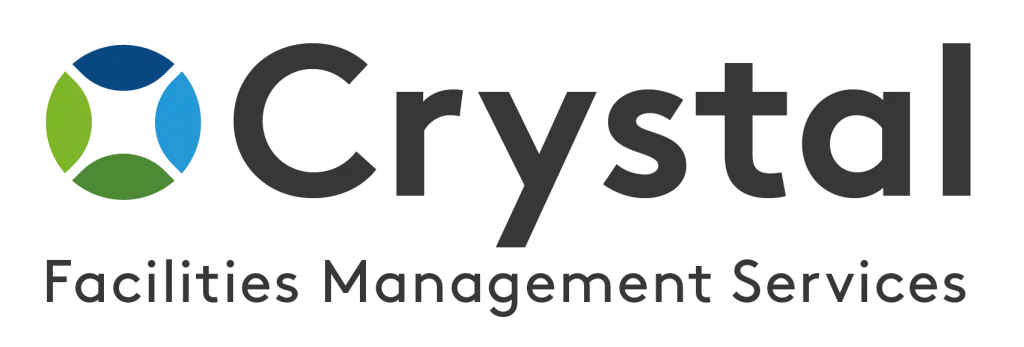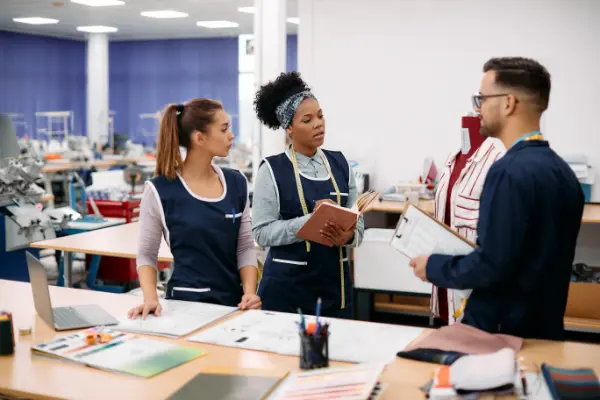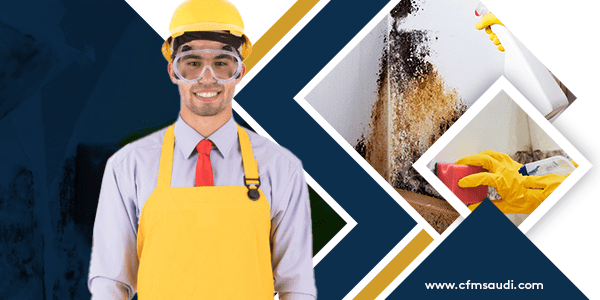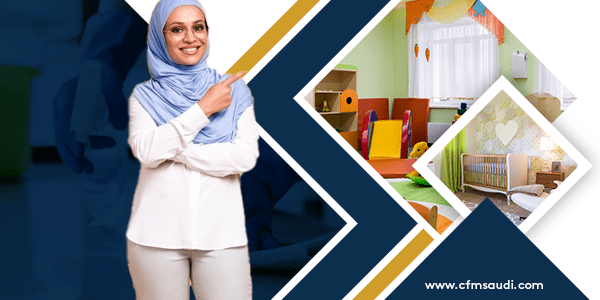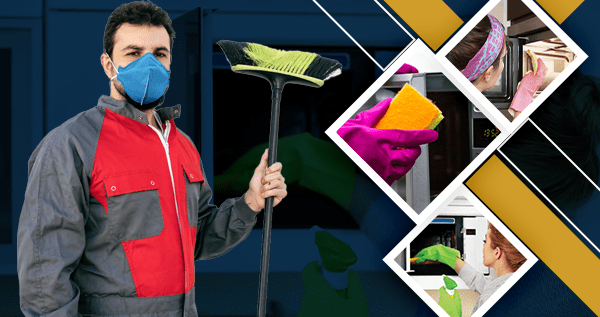The Evolution of Soft Facilities Management: Trends and Best Practices
In recent years, the field of facilities management has undergone significant changes, particularly in the area of soft facilities management. This aspect of facilities management encompasses services such as cleaning, catering, security, and waste management, all of which are critical to the smooth and efficient operation of any facility. As the demand for these services continues to grow, it is important for organizations to stay abreast of the latest trends and best practices in soft facilities management in order to remain competitive and provide the highest level of service to their clients.
The Rise of Outsourcing
One of the most notable trends in soft facilities management in recent years has been the rise of outsourcing. Many organizations have found that outsourcing their cleaning, catering, and security services to third-party providers can be a cost-effective and efficient way to ensure that these essential services are delivered to the highest standards. By partnering with a reputable facilities management company such as Crystal Facilities Management, organizations can benefit from the expertise and resources of a specialized provider, freeing up their own staff to focus on their core business activities.
Focus on Sustainability
Another key trend in soft facilities management is the growing emphasis on sustainability. As concerns about environmental impact and corporate social responsibility continue to gain prominence, organizations are increasingly seeking out facilities management providers that can help them to minimize their environmental footprint. This includes the adoption of green cleaning practices, the use of eco-friendly products and materials, and the implementation of waste reduction and recycling programs. Crystal Facilities Management is at the forefront of this trend, offering sustainable cleaning services that help our clients to meet their environmental goals.
Integration of Technology
Advances in technology have also had a profound impact on soft facilities management. In recent years, there has been a significant increase in the use of digital tools and platforms to streamline and enhance the delivery of services such as cleaning and security. This includes the use of smart cleaning equipment, sensors and monitoring systems, and mobile applications that enable real-time communication and problem resolution. By embracing these technological innovations, facilities management providers can improve the efficiency and effectiveness of their services, ultimately delivering better outcomes for their clients.
Adapting to Changing Work Environments
The nature of work environments is constantly evolving, and soft facilities management must adapt to meet the changing needs of organizations and their employees. As flexible working arrangements and remote work become increasingly common, facilities management providers must be prepared to deliver services that can accommodate these shifts. This may include providing cleaning and catering services outside of traditional working hours, ensuring that security measures are in place to protect remote workers, and offering a range of dining options to suit diverse dietary requirements. Crystal Facilities Management recognizes the importance of flexibility and adaptability in the modern workplace, and we work closely with our clients to tailor our services to their specific needs.
Best Practices in Soft Facilities Management
While trends in soft facilities management continue to evolve, there are certain best practices that remain fundamental to the delivery of high-quality services. These include:
Client-Centric Approach
Understanding the unique needs and priorities of each client is essential to providing effective soft facilities management services. By taking a client-centric approach, facilities management providers can tailor their services to meet the specific requirements of each organization, ensuring that they are delivering maximum value to their clients.
Training and Development
Investing in the training and development of cleaning, catering, and security staff is crucial to maintaining high standards of service delivery. By providing comprehensive training and ongoing professional development, facilities management providers can ensure that their staff are equipped with the skills and knowledge necessary to deliver an exceptional level of service.
Quality Assurance
Implementing robust quality assurance measures is essential to maintaining consistency and excellence in soft facilities management. This may include regular inspections, performance assessments, and feedback mechanisms to continuously monitor and improve the quality of services delivered.
Health and Safety Compliance
Compliance with health and safety regulations is non-negotiable in soft facilities management. Facilities management providers must prioritize the safety and well-being of their staff and clients by adhering to all relevant health and safety standards and regulations.
Effective Communication
Open and transparent communication is fundamental to successful soft facilities management. Establishing clear lines of communication and fostering strong relationships with clients and staff is key to resolving issues, addressing concerns, and ultimately delivering superior service.
Conclusion
The field of soft facilities management continues to evolve, driven by trends such as outsourcing, sustainability, technology, and changing work environments. By staying attuned to these trends and adhering to best practices, facilities management providers can ensure that they are delivering the highest level of service to their clients. Crystal Facilities Management is committed to staying at the forefront of these trends and best practices, enabling us to provide exceptional cleaning, catering, security, and waste management services to our clients, ensuring their facilities remain clean, safe, and efficient at all times.
